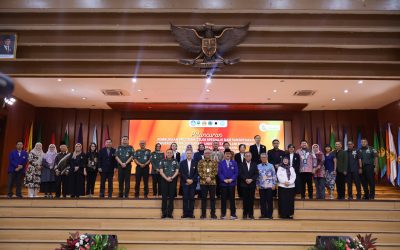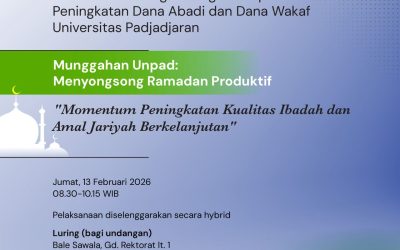Bandung, Indonesia — Children undergoing surgery for hypospadias, a common birth condition in boys, can now experience better healing and less pain—thanks to a simple change in wound care introduced by Universitas Padjadjaran.
Dr. Vita Indriasari from the Department of Urology, Faculty of Medicine, led a clinical evaluation of a three-day transparent film dressing protocol following hypospadias repair. Traditional dressing methods involve daily changes, which are painful and increase the risk of infection.
The study involved pediatric patients at Dr. Hasan Sadikin Hospital, where the team found that using a transparent dressing for three days significantly reduced swelling, discomfort, and caregiver burden. It also improved wound hygiene and reduced the frequency of dressing replacements.
“Our goal was to ease recovery for young patients while making care simpler for families and nurses,” said Dr. Indriasari. “This small change has a big impact.”
The findings support adopting the three-day protocol in hospitals nationwide. It is both cost-effective and scalable, using fewer materials and lowering the workload for healthcare staff—making it a sustainable option for both urban and rural hospitals.
This research promotes SDG 3 (Good Health and Well-being) and SDG 12 (Responsible Consumption and Production). It demonstrates Unpad’s commitment to ethical, patient-centered care and practical innovation—advancing its position in the THE Impact Rankings.





0 Comments